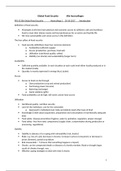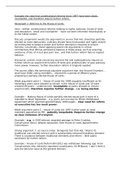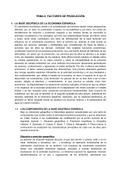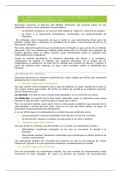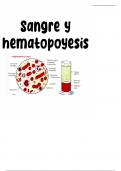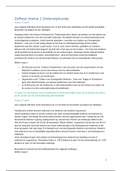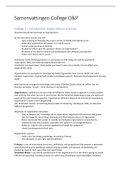Class notes
Lectures Global Food Security
- Course
- Institution
All lectures of the course Global Food Security (PPS- 31306). This a good summary of the course. If you print this and bring to the exam (which is allowed) you are able to answer all the questions.
[Show more]
